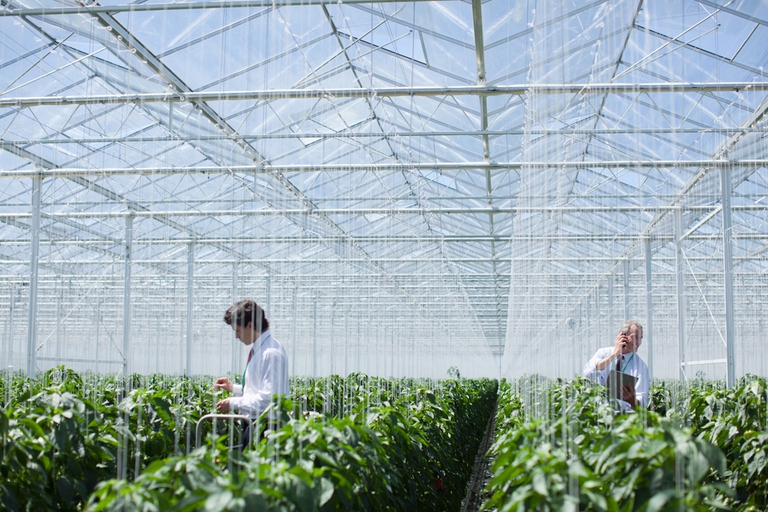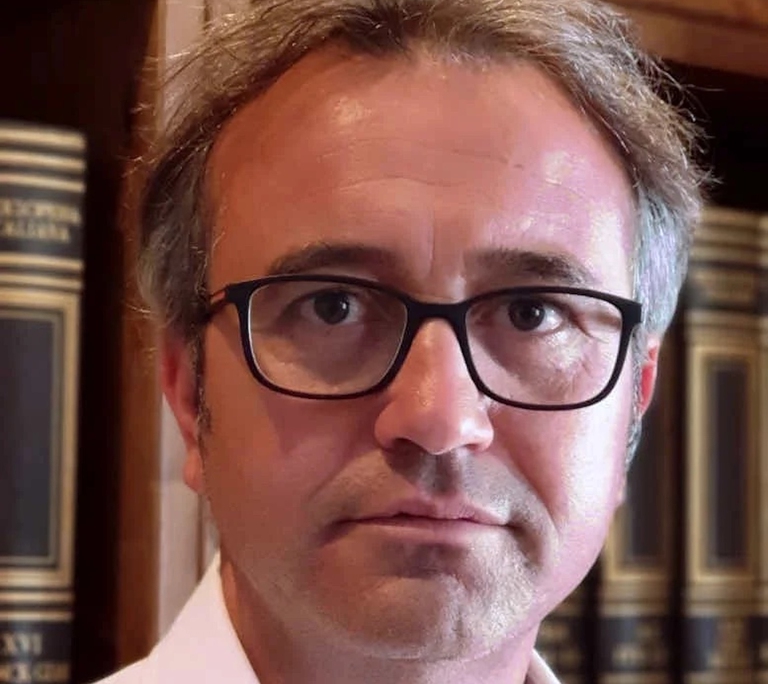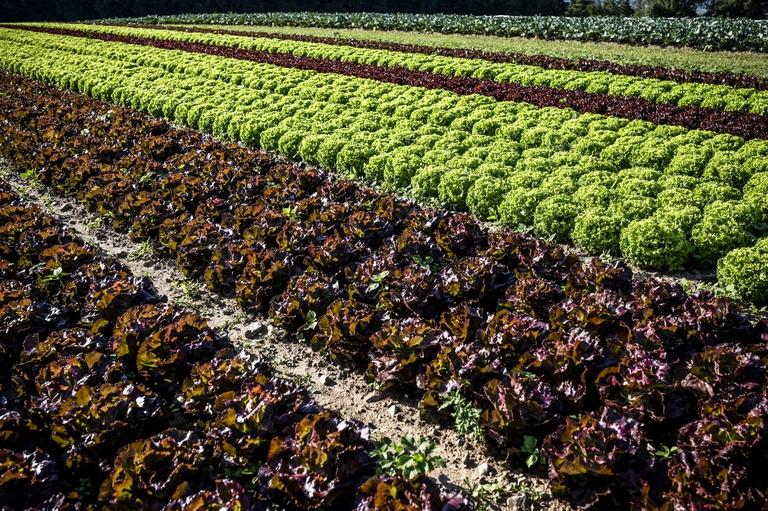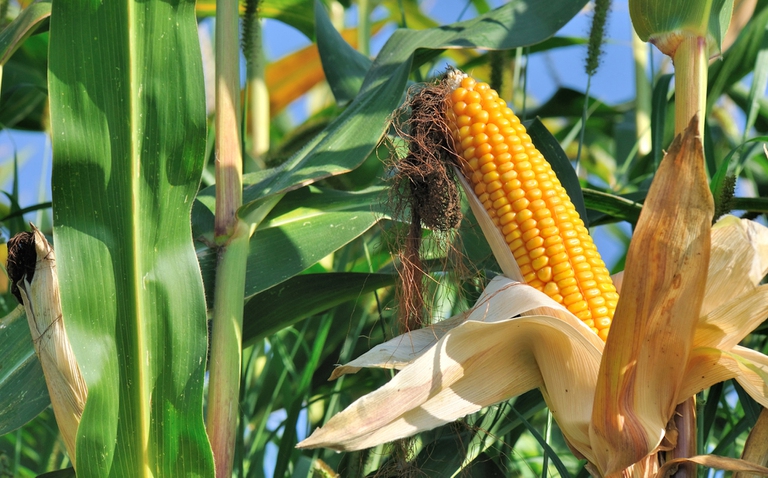https://www.lifegate.it/deregolamentazione-nuovi-ogm
- |
- The deregulation of new GMOs aims to differentiate new genomic techniques (TEA) from old genetically modified organisms.
- In this way, teas should not be subject to the precautionary principle and risk assessment of GMOs on the environment and human health.
- For Demeter, the solution to the challenges of agriculture is not the manipulation of nature, but agroecology with the protection of "living" soil.
“An alarming hypothesis”:Like this Demeter Italy, an association that brings together biodynamic producers and processors and a certifying body forbiodynamic agriculture, defines the possibility that inEuropean Union be confirmed deregulation of tea, the so-called new GMOs.And it launches an appeal asking the companies that own the brand to sign an open letter which will be sent to Minister of Agriculture Francesco Lollobrigida to defend the countryside and freedom of choice regarding food quality.

In these days, in fact, the International coalition against genetically modified organisms asked for the support of Demeter entities throughout Europe with the aim of maintaining high attention on the topic.
The no to new GMOs due to the unpredictability of the effects on nature and man
“Biodynamic agriculture has always excluded any type of seed manipulation,” he said Enrico Amico, president of Demeter Italia.“Our no to new GMOs is motivated by the fact that these technologies allow rapid evolutions that in nature would take place over the course of several years, generating unpredictable effects on the environment and the human organism.This type of seed is created to respond to exceptional circumstances or a specificity, such as the attack of a parasite, but there is a high risk that the natural balance as a whole will be altered."

Because coexistence between the use of tea and biodynamic agriculture is impossible
Another fundamental critical issue would be the coexistence Of conventional agriculture that uses tea and aorganic and biodynamic agriculture which excludes them from production standards:“A deregulation of new GMOs would end up damaging the rights of organic farmers who would not be protected on their own farm and would run the risk of finding contaminated seeds, for example through pollinating insects.Likewise, consumers could purchase products accidentally contaminated by new GMOs and this would undermine their freedom of choice, in addition to the fact that the deregulation of GMOs provides for an increasingly generic label."
Friend, President Demeter:“The solution is not new GMOs, but living soil”
According to Amico, new GMOs are not the way to solve the problems of aintensive agriculture which has impoverished the agricultural land, impoverishing it:“This cannot be the solution either in terms of land fertility or the possibility of generating income for farmers.The future is drawn not by manipulating Nature, but by respecting and caring for it.In this sense, biodynamics is the maximum expression of agroecology based on a living soil, rich in humus, a soil where there is a natural balance that allows it to resist attacks by diseases and insects, to retain water better against floods and droughts, and to sequester carbon dioxide against climate change”.

What does tea deregulation mean and the difference with GMOs
While the gmo involve the insertion into the genome of an organism of gene sequences from other species – therefore say DNA stranger – , le tea they intervene on the genome of an organism with genes coming from organisms of the same species.
Tea deregulation is one legislative proposal from the European Commission of 5 July 2023, a text with which we aim to make a distinction between old genetically modified organisms and new assisted evolution techniques, allowing for exempt the latter from the current precautionary principle and risk assessment what is there for GMOs.The urgency to deregulate teas and allow leaner development and trade is supported by those who support them in particular to respond to the need to guarantee the food safety creating plants that are resistant to pesticides and diseases and resilient to climate changes.

Last February, the European Parliament has approved the tea deregulation proposal, but also voted for two amendments, one concerning theobligation to indicate the words "New genomic techniques" on the product labels even when only one ingredient is created through tea, the other concerns the traceability, through the transmission and storage of information relating to the content of tea, at every stage of its placing on the market.
The legislative process will continue no earlier than the autumn, when the newly elected European Parliament will begin its work, provided that the Council of Agriculture Ministers has defined its negotiating position on the issue.
